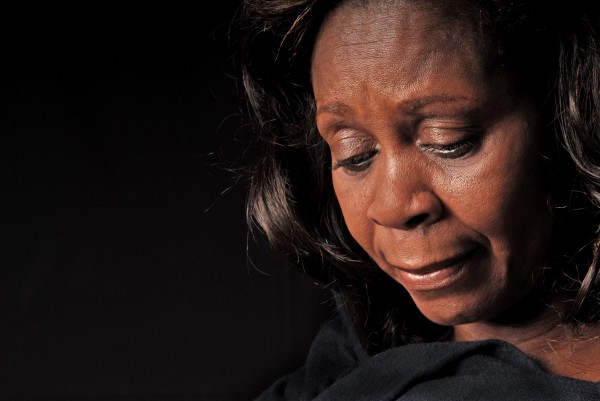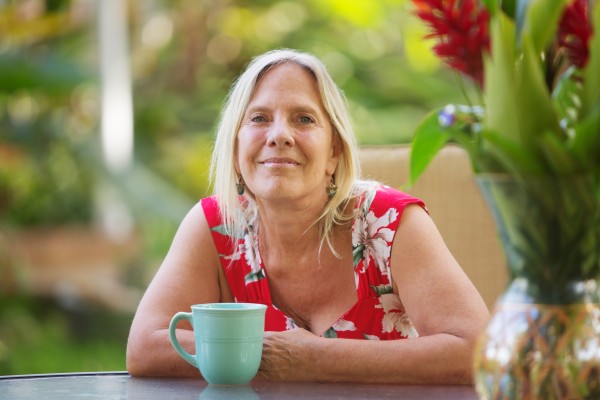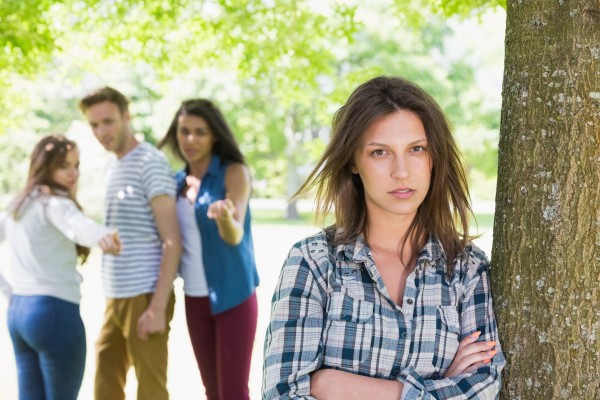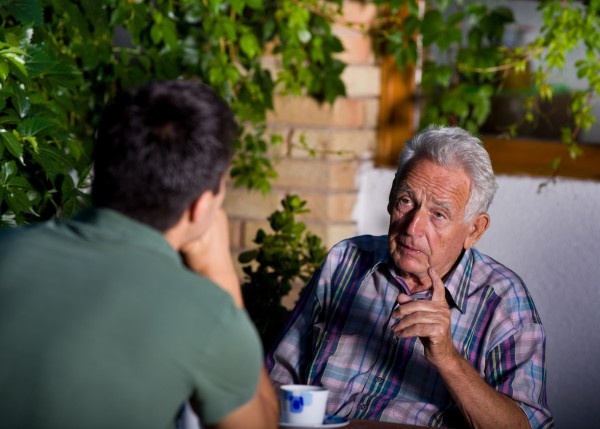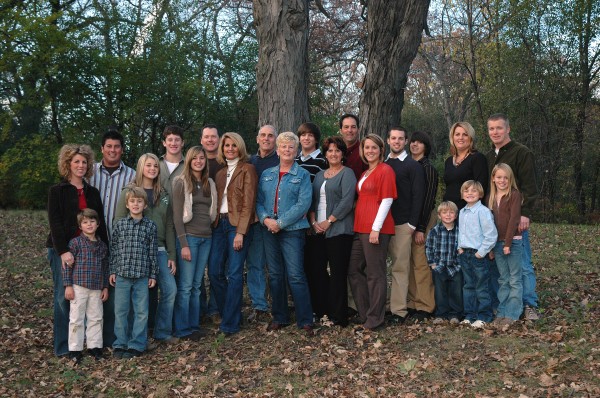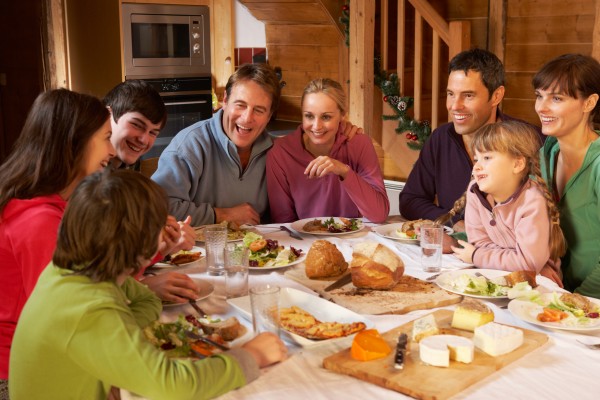Adoptees are not all the same. They experience life in their own way and their adoptions impact them differently. But there are many things that are common among adoptees, and most would want people to know what they are. Here is my list of the top ten.
10 Things Adult Adoptees Wish You Knew
Every adoption experience is different, but there are a few things most adoptees have in common...and want you to know.
Trauma can result from a single event, such as adoption, that is experienced by an individual and has lasting adverse effects. Suffering from trauma is much deeper than feeling temporary pain about a situation, and it is more difficult to overcome. For those of us impacted by trauma as the result of our adoptions, life can be very challenging.
Just because we may have been adopted by loving families doesn’t mean we are required to be grateful. Indeed, we may be grateful for our situation. But many of us have conflicting feelings about that because we also know we’ve been removed from our biological families.
Our status as a family member is not less than our biological counterparts, and we should not be made to feel as if we do not belong. Even so, many of us have a hard time feeling that we fully fit in with our adoptive families. It may be the differences in our physical features, or simply the undercurrent of the truth of our situation.
Many adoptees have an underlying lack of trust, especially if they experience their situation as traumatic. We don’t want to be lied to. Don’t hide the fact that we were adopted. If you have any facts about our personal situation, tell us. Even if the circumstances were difficult, we want to know our truths.
Many of us don’t know our health histories. When the doctor asks us what runs in the family, we have to explain our situation. For those who haven’t been told that they were adopted, their healthcare could be significantly compromised because of unknowingly false information given to their health providers.
In this day and age, it’s hard to believe the discrimination that still exists against adoptees with respect to their rights to know about their biological roots and obtain their original birth certificates. What’s the rationale for allowing individuals with estranged fathers and kids in foster care to retain the right to their original birth certificates, but denying that right when an adoption has been finalized?
In the fight to keep records sealed for adoptees, proponents seem to justify their argument based on the fact that the biological parent has a right to hide their identity from their child for various reasons. The failure in logic in that argument is that these kids grow up, and they have rights, too. Why is a biological parent’s right more important than an adult adoptee’s? Incredibly, many biological parents eventually want to find their children, and they are denied access to the critical information that would help them to do that as well.
There’s something innate that draws us to our biological roots. Many of us long for a connection to someone we are related to by blood. When we don’t have information about our genetic connections, it drives us crazy! We want to know. We want to connect.
Just because many of us long for a biological connection doesn’t mean we are trying to replace our families. We love our families. We’re not trying to hurt them by searching for our roots. It’s natural to want to know, and it’s normal to want to connect with our blood relatives.

Tom Andriola
Tom Andriola advocates for adoptee rights and shares his personal experiences about being adopted and his successful, independent search for both biological parents. To see more of his writing, visit Tom's Facebook page.
The views and opinions expressed through Adoption.com Articles are those of the authors and do not necessarily reflect the official policy or position of Adoption.com. If you would like to report any articles for us to review, we would love to hear from you.

